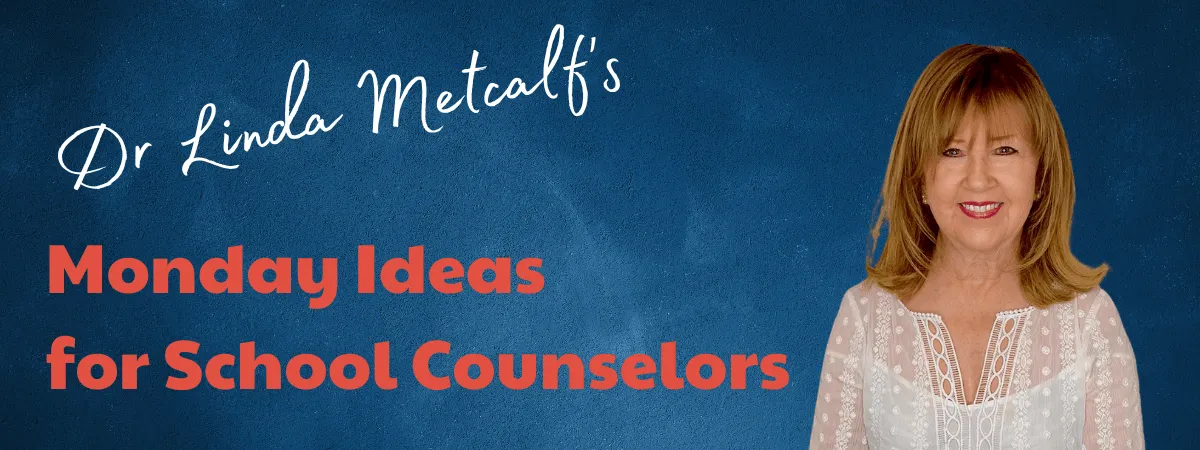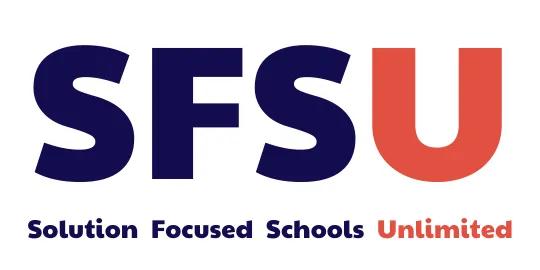
Monday Ideas for School Counselors
Weekly articles for school counselors with ideas on how to resolve typical school situations with students, teachers and parents using the solution focused approach.

A Better Fix for Student Behaviors
So many times, I hear from school counselors and educators how difficult it is to deal with student misbehaviors. Teachers can’t teach when students misbehave, so they send them to the principal. The principal often provides a consequence, and sometimes, the student is sent to the school counselor. At that point, the school counselor, already dealing with other tasks, starts to think:
What triggered these behaviors?
What’s going on at home?
What solution do I have for the teacher?
Is the student telling me the truth?
Is there an underlying diagnosis that I am missing?
With thoughts like these, the pressure to "fix" the student gets overwhelming, turning it into a lottery situation—trying different things, hoping something works. And here’s the hardest part...what if the "fix" created by the counselor doesn’t work?
On this Monday, I want you to pause and do this:
What triggered these behaviors?
What’s going on at home?
What solution do I have for the teacher?
Is the student telling me the truth?
Is there an underlying diagnosis that I am missing?
Then, look into the eyes of the expert sitting in front of you and get curious:
"Jeanie, how is it that it’s September 23, and this is the first time you’ve been sent to the office by your math teacher? What have you been doing to avoid referral for the first five weeks of school?"
"The principal said you struggle only in this class. How is it that you do well in the other classes? What’s happening in those other classes that works?"
"Jeanie, as you sit in my office, I notice that you are polite to me and listening, even though I know you're frustrated. How are you able to do that?"
"When you leave my office, how do you want the rest of the class time to go for you? What might you try so Ms. Clark sees you the way I see you here?"
Then, walk Jeanie back to class. DO NOT send her back alone! Sending her back alone lessens her ability to be successful because the teacher will still be blind to whatever Jeanie tries to do. Knock on the classroom door, and tell the teacher you appreciate her and want her to have a class where she can teach effectively. Let the teacher know that Jeanie has spoken with you and has a plan to show her a better side of herself. Ask the teacher to simply observe Jeanie, without giving any clues about what she will do. Incorporating the system, in this case, the teacher, is crucial for effective change.
Follow up with the teacher and student later that afternoon or the next day by asking, "What went better?"
Doing this, although it's one more task, can ensure much greater success.
We often work much harder than the students, teachers, and parents we serve. And we shouldn’t, because doing so keeps them from growing and evolving into better humans.
So this week, trust your students when they come to you for help with an issue (unless it’s a safety concern), and help them develop their own solutions using some of the questions here.
Take care of yourselves—you are the heart of your school.

Practical tools and strategies for school counselors to help students achieve their goals
Practical tools and strategies for school counselors to help students achieve their goals
© 2026 Solution Focused Schools Unlimited LLC


